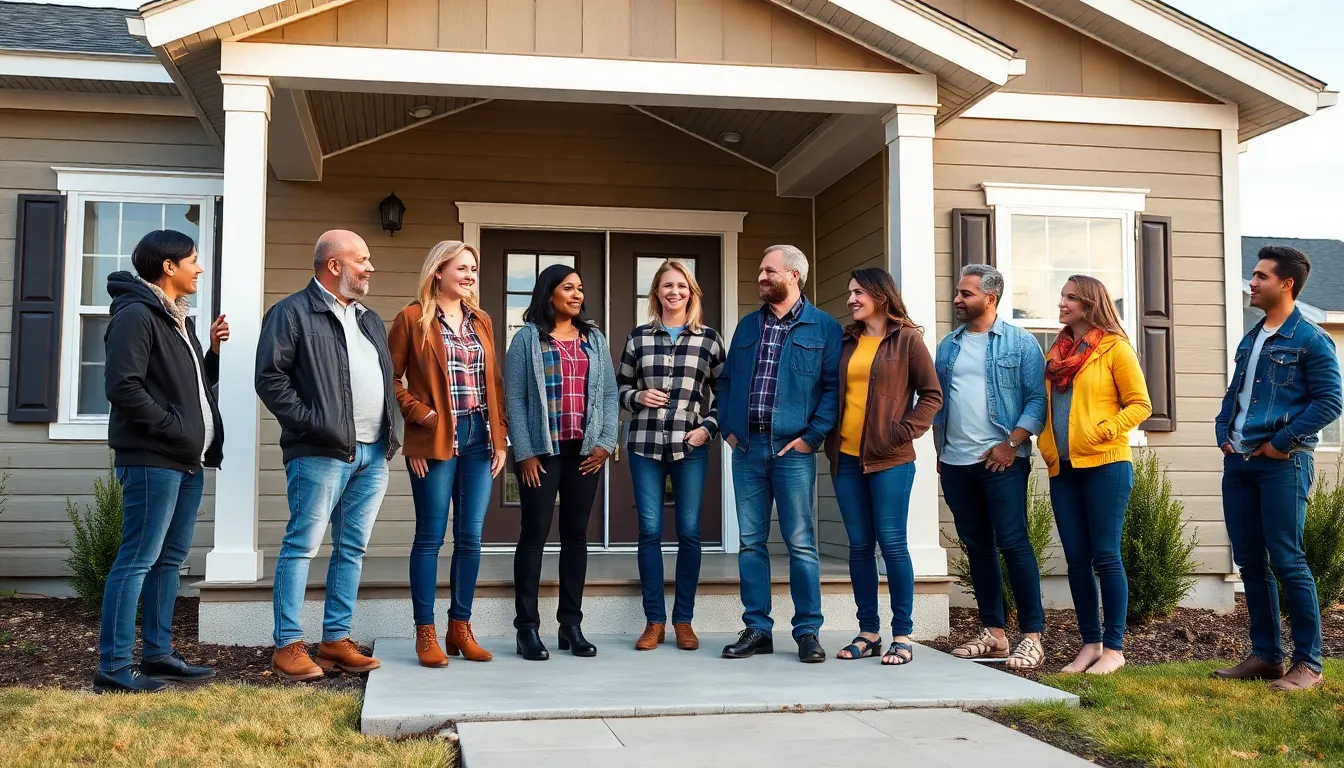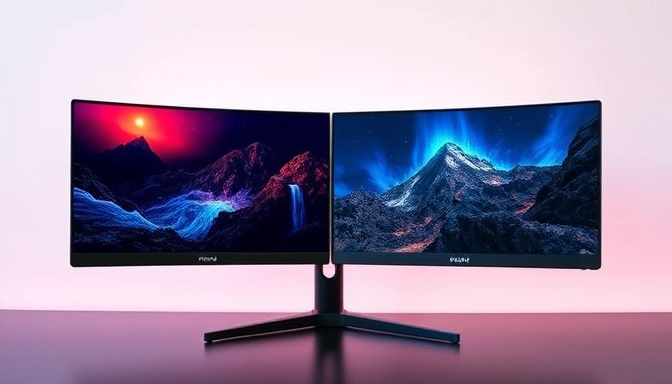Table of Contents
ToggleImagine living in a stylish modular home that’s as unique as your personality. With a growing number of people choosing modular living, it’s no wonder financing options are becoming more appealing. But how do you secure a mortgage for this innovative abode?
Understanding Modular Homes
Modular homes emerge as a popular choice, appealing due to their innovative designs and efficient construction methods. Different qualities set them apart from traditional houses.
What Is a Modular Home?
A modular home consists of pre-manufactured sections, known as modules. These modules are assembled on-site, creating a complete structure that meets local building codes. Buyers often appreciate the customization options available, allowing them to personalize layouts and finishes. This construction method significantly reduces build time, providing a quicker path to homeownership.
Benefits of Modular Homes
Cost efficiency ranks among the significant benefits of modular homes. Homebuyers can save money through reduced construction waste and shorter build times. Energy efficiency comes as a crucial advantage, with many modular homes featuring sustainable materials. Resale value also remains competitive, since quality construction attracts potential buyers. Additionally, modular homes often require less maintenance due to their modern building techniques.
Financing Options for Modular Homes
Financing modular homes presents various options suited to individual needs. Several programs adapt to the unique attributes of these dwellings.
Traditional Mortgages
Lenders often treat modular homes similarly to traditional homes when it comes to mortgages. Fixed-rate mortgages offer stability with consistent monthly payments over a set term, typically 15 or 30 years. Adjustable-rate mortgages can provide lower initial payments before adjusting after a specific period. Many lenders require a permanent foundation for modular homes to qualify for traditional financing. Documenting the home’s compliance with local building codes becomes essential in this process.
Specialized Mortgage Programs
Specialized mortgage programs cater to modular home buyers, addressing specific needs. FHA loans, for instance, allow lower down payments and can support various types of properties, including modular homes. VA loans offer favorable terms for veterans purchasing modular homes, with no down payment required in many cases. USDA loans finance properties in rural areas, making them an attractive option for eligible buyers. These programs help facilitate financing by recognizing the unique nature of modular construction.
Factors That Affect Mortgage Approval
Several factors influence the approval process for a modular home mortgage. Understanding these can streamline the path to ownership.
Credit Score Considerations
Credit scores play a significant role in determining mortgage approval. Lenders generally look for scores at or above 620 for conventional loans. Higher scores often lead to better interest rates and terms. Potential buyers with lower scores might find it beneficial to explore government-backed loans. FHA loans, for instance, accept scores as low as 580 with a 3.5% down payment. Consistently paying bills on time and reducing existing debt positively impacts credit scores.
Down Payment Requirements
Down payment amounts vary based on loan types and lender guidelines. Conventional loans often demand a minimum of 5% down, though higher percentages can enhance approval chances. FHA and VA loans provide options with down payments as low as 3.5% or even zero for eligible veterans. The total cost of the modular home influences the deposit size, as larger homes typically require larger deposits. Budgeting for this upfront cost ensures readiness when applying for a mortgage.
Choosing the Right Lender
Selecting the right lender significantly impacts the mortgage experience for modular homes. Potential buyers should focus on lenders who understand the unique aspects of modular construction.
Key Questions to Ask Lenders
Inquiries focus on essential details. “What are your requirements for modular home financing?” helps clarify necessary documentation. “What types of loans do you offer?” reveals available options such as FHA, VA, and conventional loans. “How long does the approval process take?” provides insights into expected timelines. “What fees are associated with the loan?” uncovers additional costs that may arise. “What is your experience with modular home financing?” ensures the lender’s familiarity with regulations and guidelines.
Comparing Interest Rates
Interest rates vary among lenders, impacting overall loan costs. Buyers should shop around for competitive rates. Comparing fixed and adjustable-rate options enables informed decisions. A 0.25% difference can significantly affect monthly payments. Utilize online resources and calculators to estimate costs. Interest rate lock-in options may offer security against future increases. Understanding the terms of each loan type aids in finding the best fit for personal financial situations. Evaluating annual percentage rates (APRs) gives a comprehensive view of the loan’s true cost.
Conclusion
Securing a mortgage for a modular home can be a straightforward process when buyers understand their options. With various financing avenues available and lenders increasingly recognizing the value of these innovative structures, potential homeowners can find suitable solutions tailored to their needs.
By focusing on credit scores and down payment requirements, buyers can improve their chances of approval and favorable terms. Selecting the right lender and being informed about the mortgage landscape is essential for a smooth experience. With the right preparation and knowledge, owning a modular home can become a reality, offering a unique blend of style, efficiency, and affordability.




